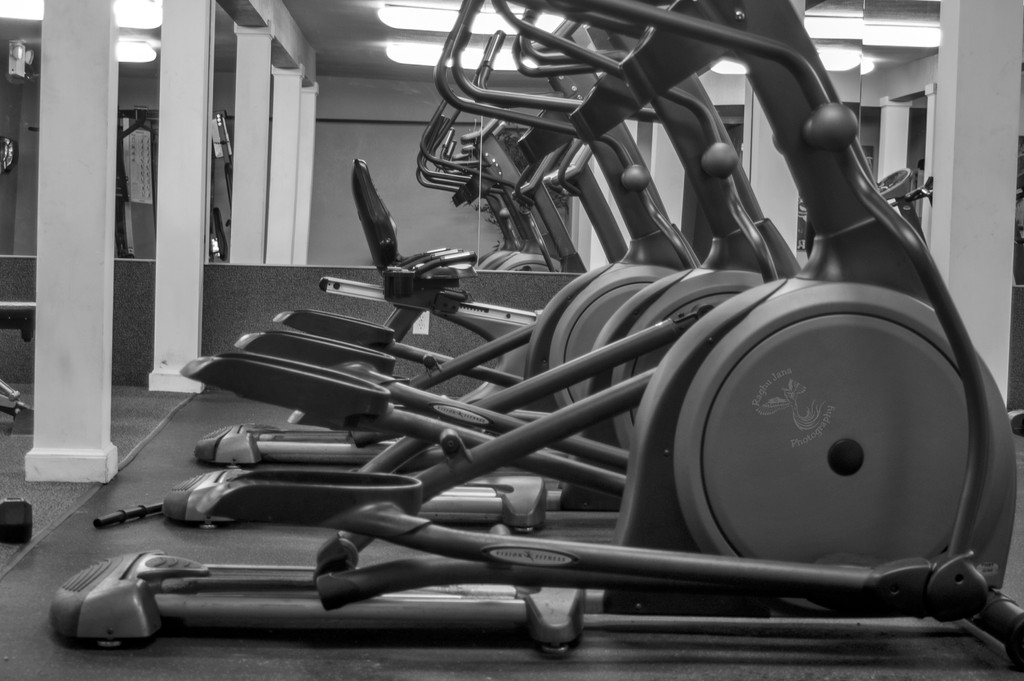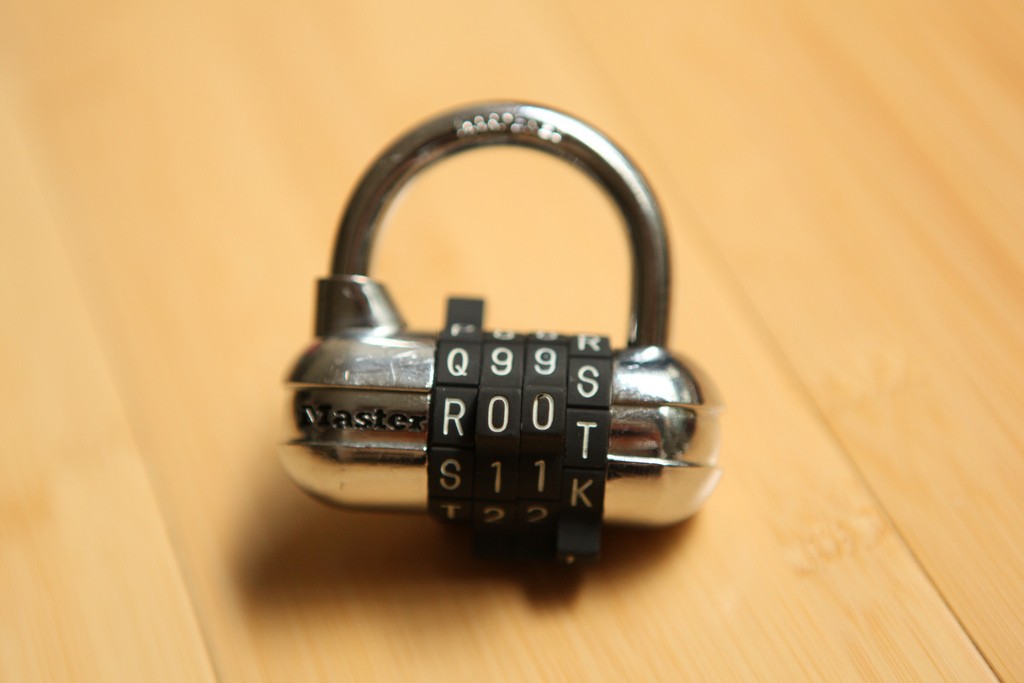5 Things to Be Cautious of at the Gym
One of the most popular New Year’s resolutions is to get back in shape during the New Year. After January 1st, gyms and fitness facilities are usually packed with people trying to shed those holiday pounds. Getting fit is great, but try not to get burned in the process.
Here are 5 things to be cautious of when getting back to the gym this year:
1. Contracts – read before you sign!
Joining a gym? It is common to want to get in shape at the start of a new year. When joining a gym, you typically meet with a representative of the facility who helps sign you up for a membership. This process tends to involve the completion of paperwork, use of personal information, and payment of initial membership fees. Though much of this process is standard, do not be fooled. Be sure to familiarize yourself with all of the facility’s policies, terms and conditions, and/or liability waiver forms. Read over the contract carefully before signing or making any payments.
What to look for in your contract:
Attorney Brian Marchese recommends a few things to look into prior to signing a contract:
- Membership termination details: Does your contact contain any conditions regarding the termination of your membership? Are you subject to any fees?
- If you received discounted pricing at the point of purchase, is the same pricing valid for future payments or will standard pricing apply?
2. Faulty equipment
Accessible exercise equipment is one of the many incentives for people to join a gym or training facility. However, much of the equipment provided can be dangerous if it is faulty or not used properly.
Exercise equipment ranges from heavy weights to complicated machines. It is easy to see that if such equipment is defective or damaged, it can be dangerous for the user. It is the facility’s responsibility to ensure that all equipment functions properly and is safe to use. To ensure your safety, ask important questions regarding the age of the equipment and how often they receive maintenance. Old or worn out equipment has a higher likelihood of malfunctioning or breaking. If you sense that a machine is not working properly and may be dangerous, notify a facility representative as soon as possible.
It is also important to know how to properly use a facility’s equipment prior to incorporating it into your workout. Improper use of exercise equipment can cause minor to serious injury which could have otherwise been prevented. Most facilities employ experienced staff that can help teach you everything you need to know about properly using their machines and other exercise equipment.
3. Unqualified Personal Trainers
A personal trainer is a great way to kick start an exercise regimen or push you to get in better shape. But, similarly to the improper use of equipment, an unqualified trainer may do more harm than good. Teaching improper form or technique can cause major issues and result in injury. Prior to selecting a personal trainer, make sure he or she has received all required certifications and has experience in the field.
It is important to also keep in mind that while working with a personal trainer, he or she cannot read your mind. If you have pre-existing health issues or injuries, share those details with your trainer. A personal trainer should be able to customize a workout regimen to fit your needs without causing any major issues to your health.
4. Infections
Germs and bacteria are commonly found in warm, damp environments, making public gyms and exercise facilities the perfect place to thrive. Swimming pools, saunas, locker rooms, exercise equipment, even the gym floor can be risky areas to develop an infection, fungus, or virus. So how do you avoid an infection if bacteria seems to be everywhere? Sanitizer is provided at most gyms, use it! Wipe down equipment before and after use. If you use a locker room and/or public shower, invest in a pair of shower shoes so that you do not expose your bare feet to the floor.
5. Lock it up!
If you intend to bring a gym bag and/or other personal belongings to the gym, lock them up! Unlocked items are at risk of theft and exercise facilities are not typically liable for stolen items. Locks that require a code are often the best choice as they provide additional security.



